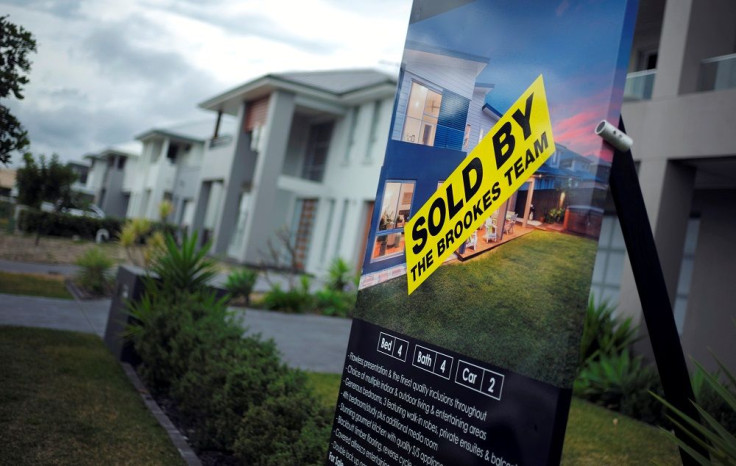Household debt-to-income ratio climbs as Aussie incomes go to huge mortgages, high rent

A recession has not been the scenario in Australia for 25 years, but there are now signs that consumers who have mainly assisted in achieving a winning streak are running out of "play money.” According to the Reserve Bank of Australia (RBA), household debt-to-income ratio in the country is up to an all-time peak of 189 percent, while home prices are near record highs and cash interest rates at record lows.
This means there is an increasing number of people who hold little cash intended for discretionary spending. This covers everything from electrical appliances to cars and new clothes, since people put their money on high rental payments and large mortgages in Australia’s red-hot property market.
Digital Finance Analytics (DFA) principal Martin North said there is a considerable spike in stress even in more affluent households. He mentioned huge mortgages and big commitments. "Stressed households are less likely to spend at the shops, which acts as a drag anchor on future growth,” he added as per the Sydney Morning Herald.
Per North’s estimates, 23.4 percent of Aussie families will have to deal with mortgage stress and at least 52,000 households risk default in the next 12 months. That means their incomes would not cover ongoing costs.
Australia's love affair with property
The RBA has cautioned against the risks of too much real estate borrowing. The central bank is reportedly averse to up interest rates to cool the property market because it is concerned the move would affect domestic demand, especially at a time when real wages growth became negative.
As for retail and online sales, both have hardly grown recently. Based on the NAB Online Retail Sales Index, major categories such as games and toys, homeware, daily deals and takeaway food were shrinking in April. This year, car sales have flattened while sales of luxury cars and sports utility vehicles are at a four-year low.
Marie-Aimee Guillermin from Sydney said she has a little "play money" left after she dived into the housing market with a $1.4 million house in April. She told Reuters she now feels less certain in terms of stability and financial security.
Still, indications of a spending pullback make economists rethink Australia's strong growth projections. Last month, the RBA advanced its gross domestic product (GDP) forecast by 25 basis points to an annual 2.75-3.75 percent by the middle of next year from a previous forecast of 2.50-3.50 percent.
Read More:
Australia's lowest paid workers to get pay rise of $22.20 per week from July 1
First-home buyer activity in NSW to surge on July 1: CoreLogic
Financial Times/YouTube





















